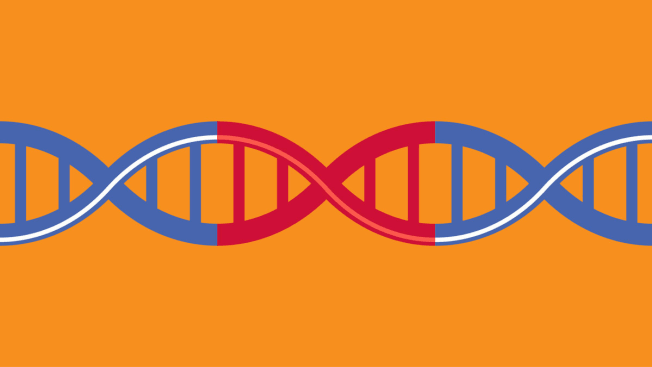Can You Overcome 'Bad' Genes?
Genes can increase risk for certain conditions, but many of the risk factors affecting longevity are modifiable.

In many cases, yes. If your parents and grandparents lived to be 100 and were in reasonably good health, you have a great shot at doing the same, says James E. Galvin, MD, a professor of neurology at the University of Miami Miller School of Medicine. But even if people in your family died at a young age from heart disease or developed early-onset Alzheimer’s, it won’t necessarily be the same for you.
Think of your family history as a road map that can help you figure out where you are most resilient and most vulnerable, Galvin says.
Editor’s Note: This article also appeared in the September 2023 issue of Consumer Reports magazine.




